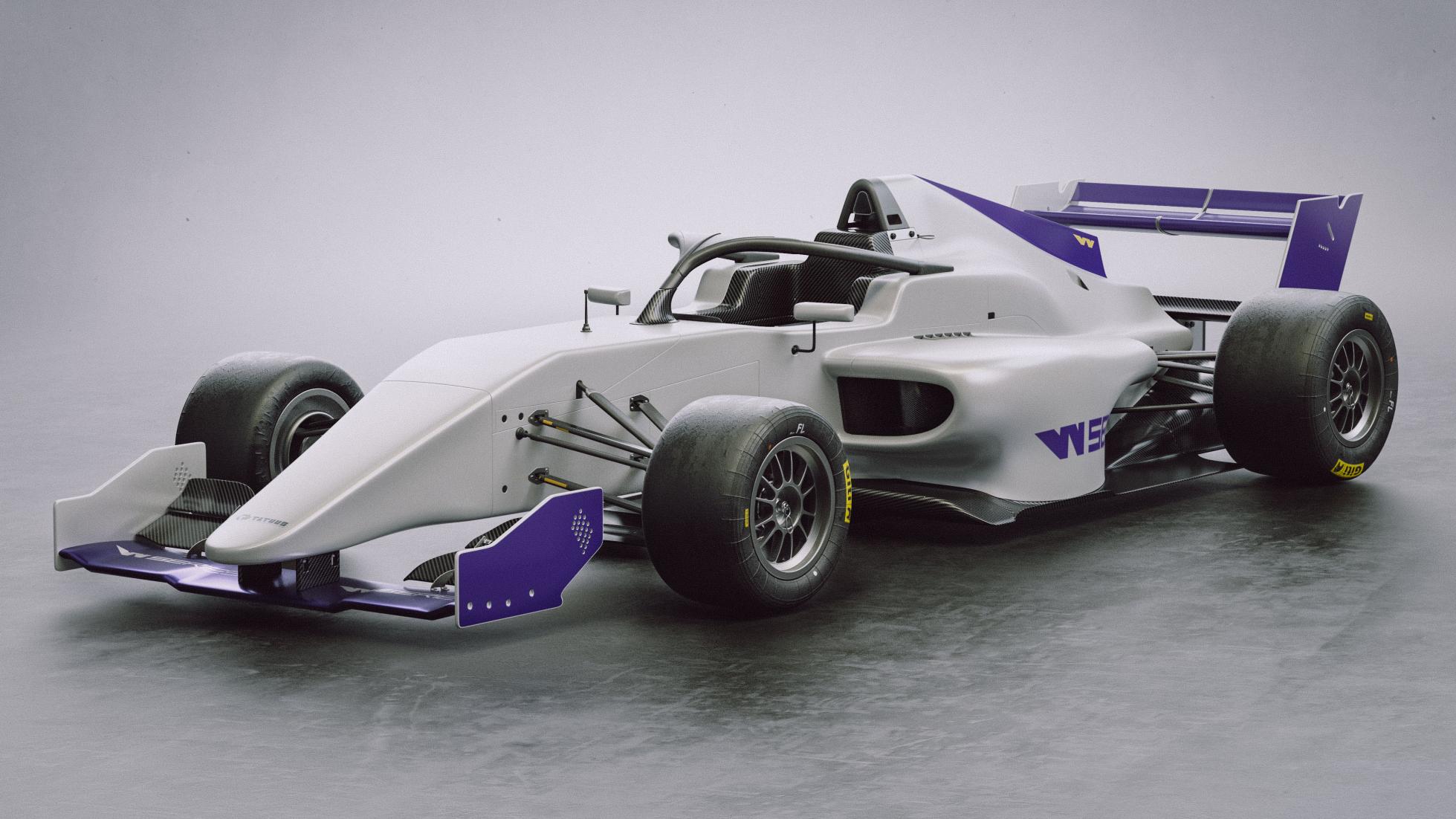The W Series championship kicks off this weekend

If motor racing is one of the few sports in which the sexes can – theoretically – compete head-on, do we really need a women-only racing championship?
This weekend the idea will be rigorously stress-tested for the first time, as the W Series debuts on the same bill as the DTM at Hockenheim. From an initial talent pool of 54 drivers, 18 women from around the world have been selected to compete, including British Formula 3 star Jamie Chadwick, ex-Formula Renault driver Alice Powell and 2018 BritCar endurance racing champion Sarah Moore. Each race will last 30 minutes, the cars are all identical, private equity backing means that the drivers’ expenses are all covered, and terrestrial TV coverage – Channel 4 in the UK – automatically gives it an audience potential now denied pay-per-view Formula One. The series champion, meanwhile, will win £380,000, out of a total prize fund of £1.14m.
An incentive, for sure, but that’s also missing the point somewhat. Forget for a moment that this is the world’s first female-only racing championship, what the W series also does is emphasise talent over funding, and levels the playing field. Which motor racing fan doesn’t love the concept of that?
Still, the headlines have all revolved around the W Series all-female grid, and with good reason. “I believe there is a massive gender imbalance in motorsport that should be redressed,” W Series CEO Catherine Bond Muir says. “I looked at the numbers over the past few years and the trend for women competing in single-seater racing was actually reversing. Fewer and fewer women were finding the opportunity to go motor racing. That was my Eureka moment…”
Bond Muir is a veteran of sports marketing and corporate finance, rather than a misty-eyed motorsport die-hard. She knows how the game works. “If you start something like this from scratch, that’s key,” she says. “I understand the structures of different sports, and understand how to make it work from an investment point of view. It needed to be safe from a business perspective, so that we weren’t reliant on sponsorship. The terrestrial TV coverage is important. People laughed about that at the beginning but look where we are now with Channel 4.”
High profile motorsport figures like Adrian Newey, Dave Ryan, Matt Bishop and David Coulthard are all involved in the W Series, lending it a credibility that Bond Muir admits was instrumental in getting the project off the ground. But beyond that, this is about developing a highly competitive racing series, and providing a platform for talent that motor racing’s so-called billionaires’ boys club, particularly at the highest level, evidently isn’t interested in nurturing.
But there are dissenting voices who argue that the very act of ‘ghetto-ising’ women racing drivers exacerbates the problem rather than changing perceptions. Bond Muir is having none of it.
“I would have more sympathy for those views if there were lots of women in F1, F2, international F3 already,” she says firmly. “But the fact is that there are hardly any women at the senior levels of motorsport, so something has to change. I simply do not understand the charge that we’re segregating, when in fact we’re encouraging all of our drivers to race men in whatever series they can.
“Are we not allowed to try new things to help women advance? Given the interest so far, I think we’re making a massive difference already. Until the W Series came along there was just no possibility that women were going to make it into F1. That is all changing. It’s not about one driver, it’s about a lot of our drivers advancing in more senior parts of motorsport and us being a catalyst in making that happen.”
Alice Powell, a 26-year old from Oxford, openly admits that it was a lack of funding that brought her highly promising career to a premature end. The 2010 Formula Renault champion was also the first woman to score points in GP3, in 2012, but ran out of road in 2014. Lately, she was supplementing her income as a driver coach by working with her builder father, doing bathroom renovations and unblocking urinals. Clearly, any suggestion that the W Series is motivated by a politically correct desire to upend the male motorsport hegemony gets bracingly short shrift from her.
“I don’t see it as segregation, I see it as an opportunity to get back out racing, to get more experience, and for more women to do the same,” she says. “There’s been so much publicity around the series I’m sure it’ll encourage other young girls to go racing.”
Which can only be a wholly positive development. But the W Series also promises to be a closely fought championship. It’ll be fun seeing how the series develops, and the shifting dynamics of the grid.
“We all get on, but who knows what’s going to happen?” Powell says. “There’s so many characters on the grid. I try to keep things simple on the track, not to over-complicate things.”

